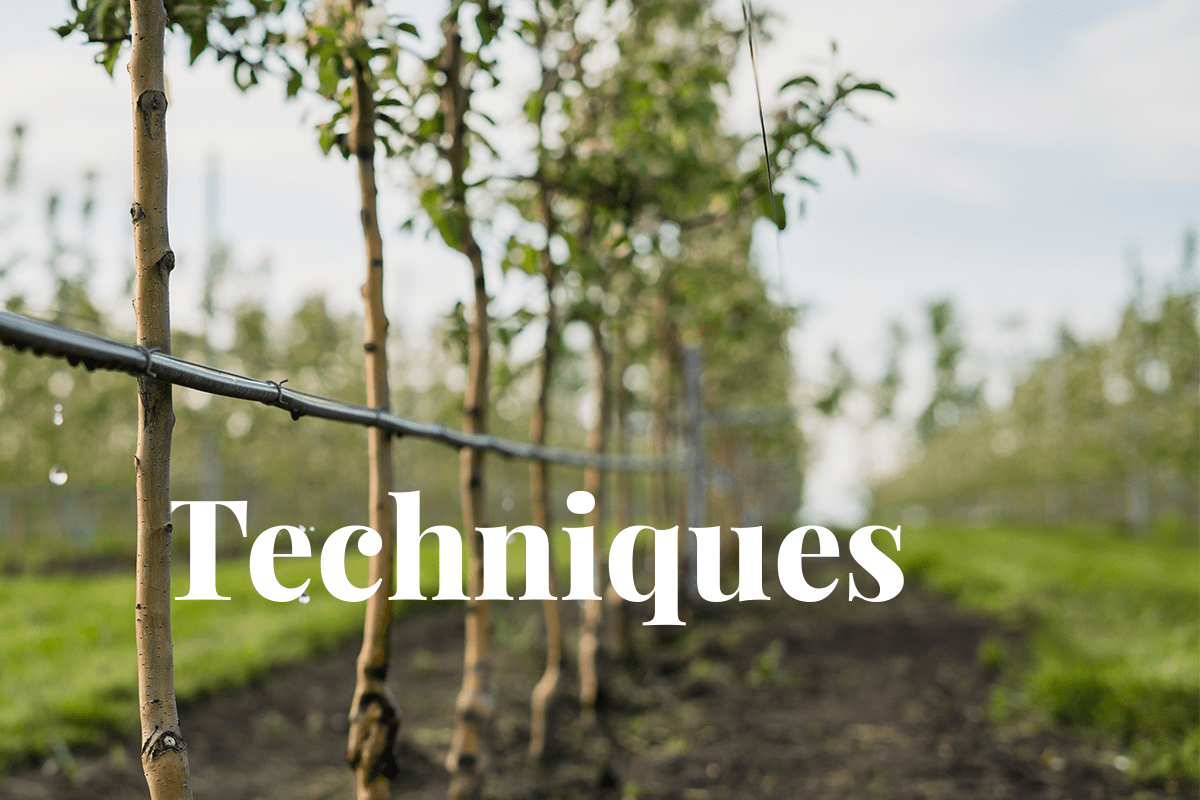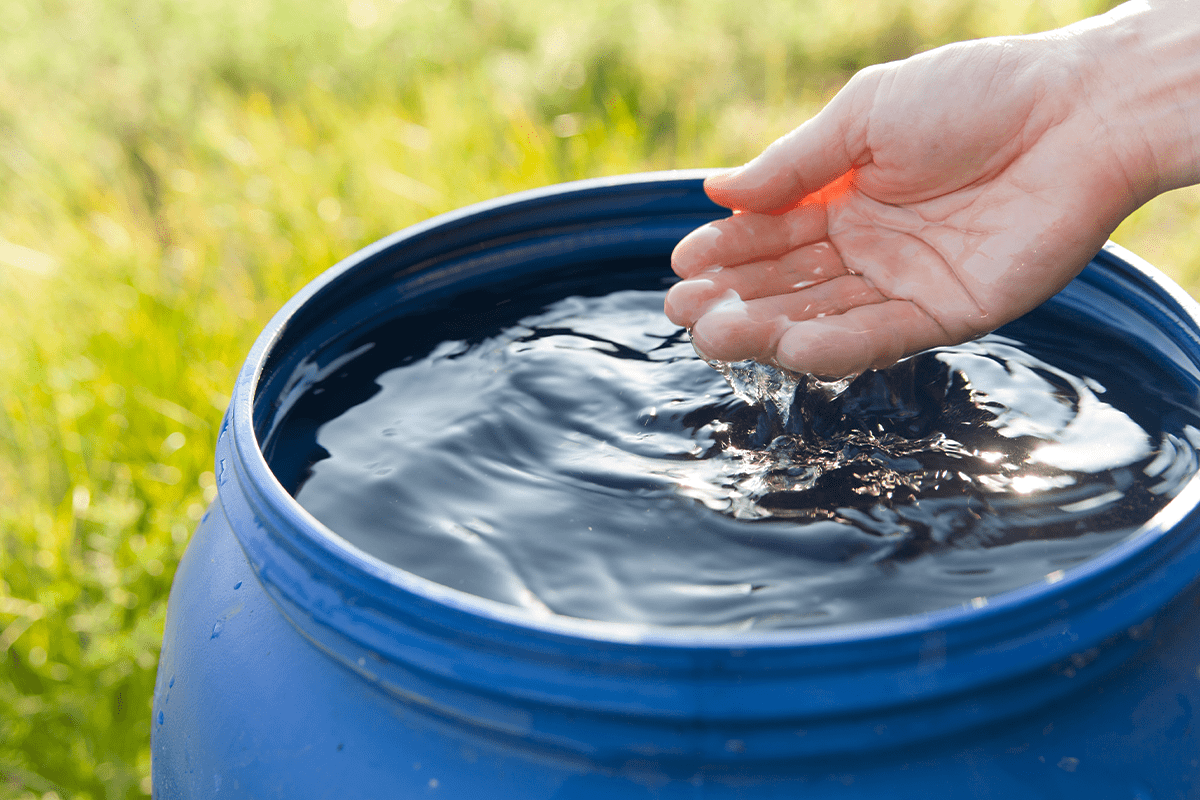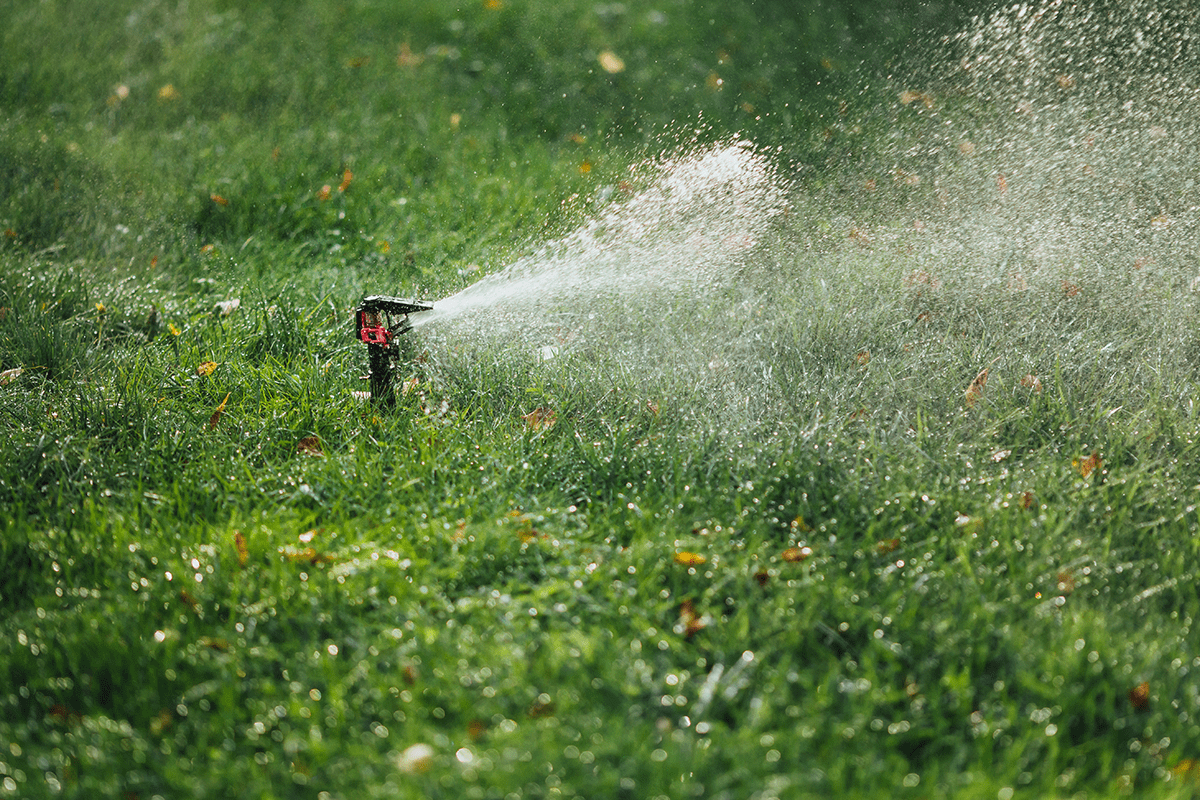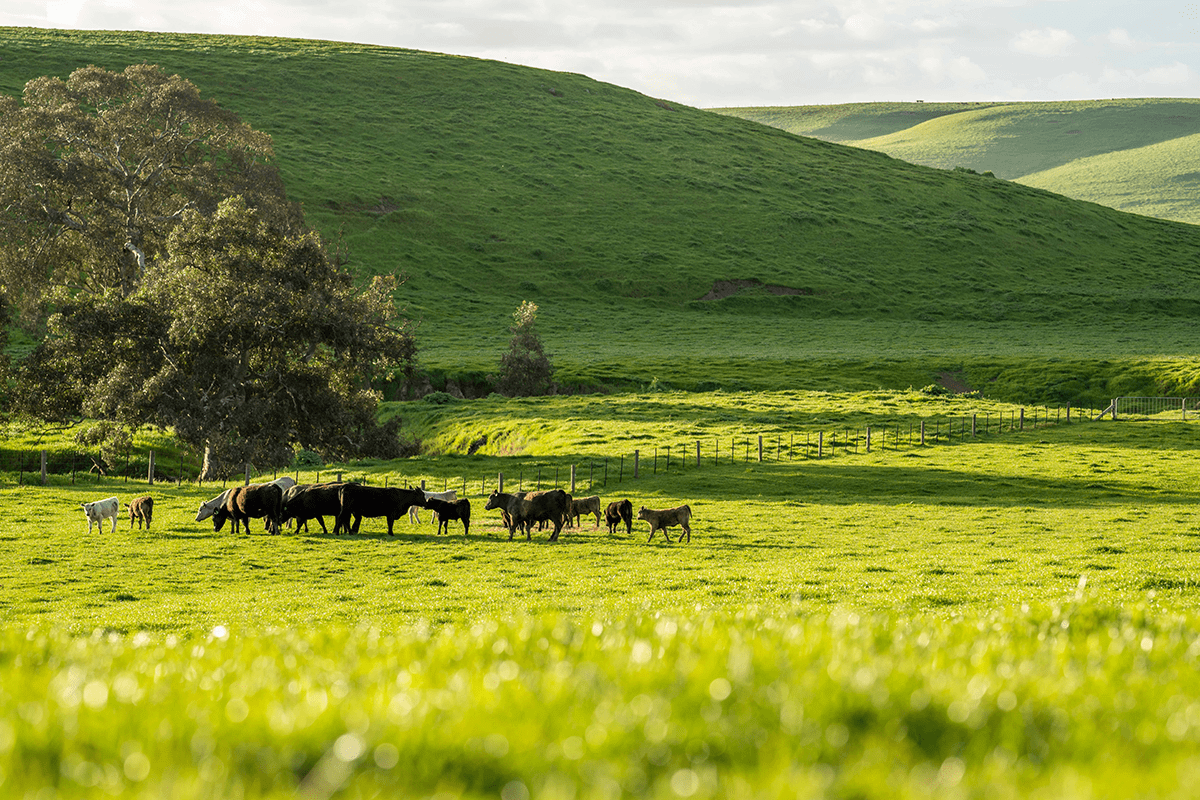Water Conservation
Water conservation is the practice of an efficient usage of water by reducing unnecessary wastage of the same. The importance of water conservation becomes even more necessary as there is a limited source of freshwater that is beneficial for all human beings for a Healthy lifestyle. The freshwater available for use is unevenly distributed. Human activities are polluting the water sources threatening the survival of living beings. So, water conservation focuses on the concept of “save water and save a life”.
Water conservation involves the efforts of every citizen, and all the policies, strategies and activities and farming practices that contribute to the sustainable use of fresh water. Farming practices to conserve water include the following.
1. Drip irrigation
Drip irrigation is the most efficient way to provide crops with the necessary water and nutrients for optimal growth. This method delivers water and nutrients directly to the root zone of each plant in precise amounts and at the right time. As a result, farmers can achieve higher yields while using less water, fertiliser, and energy. Drip irrigation allows for precise and targeted application of resources, reducing waste and maximising the efficiency of water and nutrient use in agriculture.
2. Capturing and storing water
Water harvesting and reuse systems are designed to collect and store runoff and stormwater, which can be used later for various purposes. These systems have local benefits, such as reducing runoff volume and preventing water quality degradation downstream.
They also contribute to sustainable water management by utilising collected water for future use, reducing reliance on freshwater sources, and promoting water conservation. These systems provide multiple benefits, including local water availability, reduced runoff, improved water quality, and enhanced overall water resource management.
3. Irrigation scheduling
Irrigation system managers use irrigation schedules to determine the appropriate frequency and duration of watering. Water management takes into account the method of irrigation, as well as the amount, timing, and frequency of water application. Farmers regularly monitor weather forecasts, soil moisture, and plant conditions to adjust their irrigation schedules accordingly and prevent both under-watering and over-watering of their crops. This proactive approach helps optimise water use, ensuring that crops receive the right amount of water at the right time for optimal growth while avoiding water waste and potential negative impacts on plant health and productivity.
4. Rotational grazing
Rotational grazing involves moving livestock across fields in a planned manner to promote pasture regeneration. Proper grazing management practices enhance the fields’ ability to absorb water and minimise runoff, leading to more drought-resistant pastures. This approach offers water-saving benefits, as it can increase soil organic matter and improve fodder coverage, leading to improved water retention in the soil. By carefully managing grazing patterns, farmers can optimise pasture water use, improve pasture quality, and enhance drought resilience, ultimately contributing to sustainable livestock management and better water resource utilisation.




Well explained
ReplyDelete